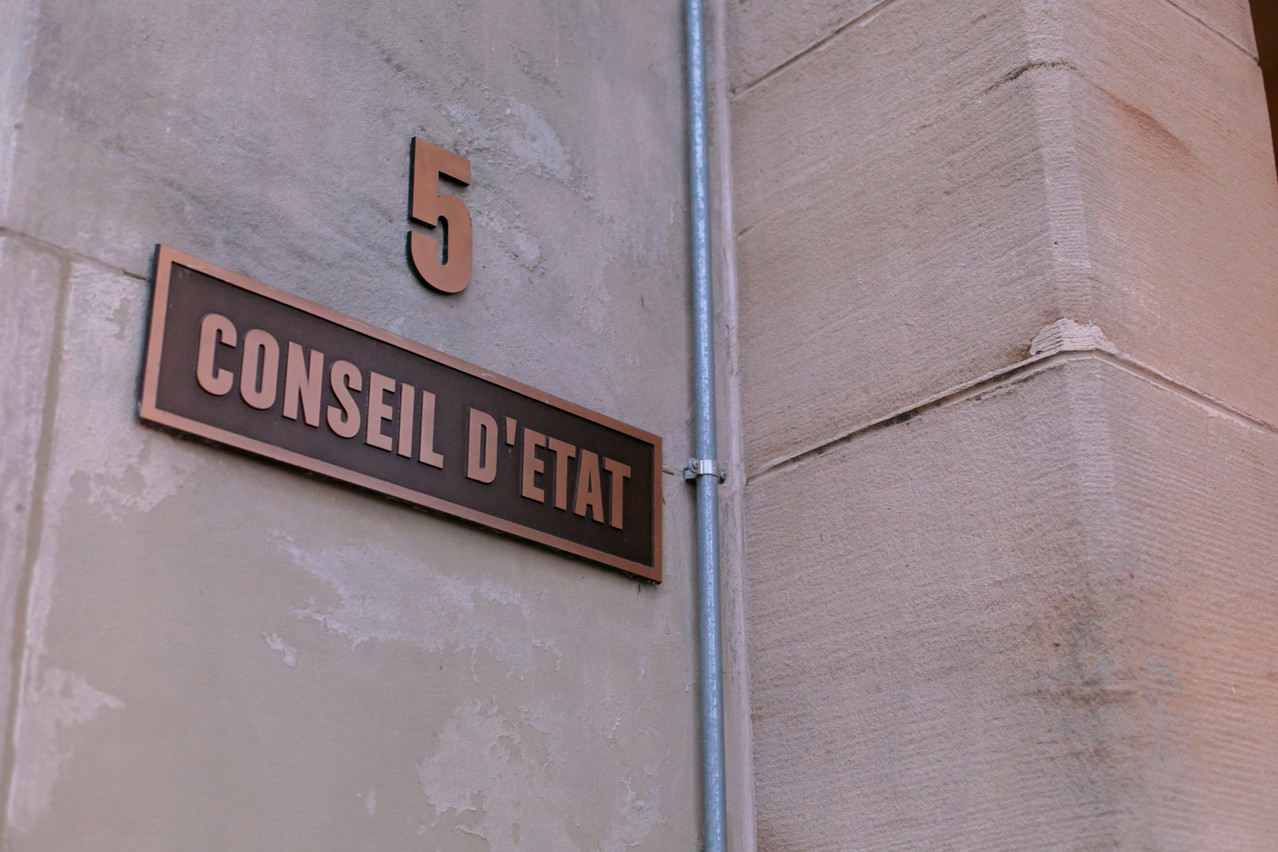Charles Lampers, who joined the council in February 2011 quit after nearly 11 years in the post, the president of Luxembourg’s parliament--Fernand Etgen (DP)--announced on Tuesday.
Members are voted for 12-year mandates or must quit when they turn 72. Lampers is 66. At least 11 of the council’s 21 members must have a law degree. A third must be women (or men should they find themselves in the minority). Seats are distributed based on party representation in parliament. The crown prince is also a member.
To replace Lampers, parliament can suggest candidates and the council said it should prioritise nominees with a background in administrative or municipal law. Members of the state council are officially appointed by the grand duke as head of state.
Lampers’ departure comes roughly one month after handed in her resignation at the end of December last year. She is yet to be replaced.
Only last week, on 1 February, the council welcomed Monique Adams among its ranks. This came shortly after was sworn in in November 2021. And in April last year, Marc Meyers joined the council.
The Council of State has faced allegations of a lack of transparency and the potential for lobbying as members are appointed based on their party affiliation, but its president, Christophe Schiltz, in an last year said the council adopts opinions by consensus and doesn’t act along party political lines.
“I think it’s very important to keep the party-political discussions out of the Council of State, so that it has credibility and so that the opinions have the credibility of having been analysed in a neutral, impartial way,” Schiltz said.
The council formulates opinions on all draft laws and in some cases proposes alternatives if it does not agree with aspects of a particular bill. It can also issue formal opposition if it finds the text to violate the constitution or other laws.
